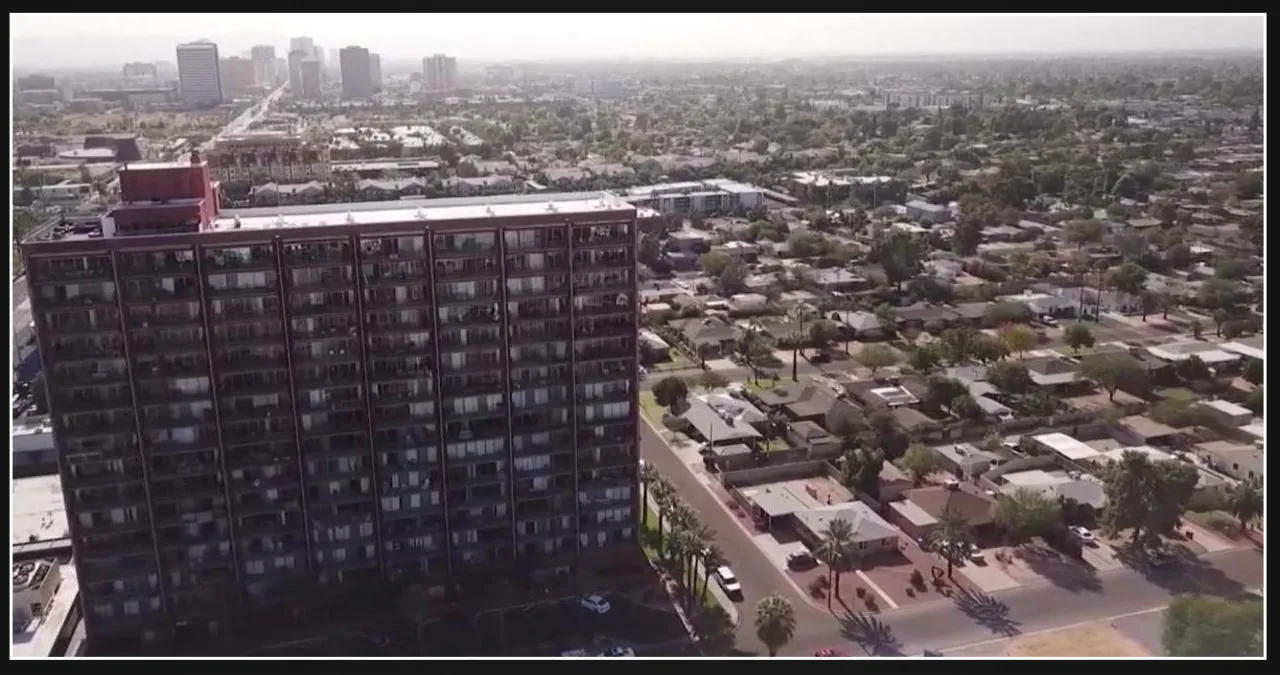Starting from January 1st, renters in Arizona can expect to see a change in their expenses as the TPT rental tax will no longer be collected. This development, aimed at providing financial relief to renters, has the potential to save them money. However, as noted by FOX 10’s Lindsey Ragas, the implementation of this new law may have adverse effects on certain cities, causing them to bear the brunt of the changes.
Starting from January 1, 2025, a new law has been enacted in Arizona that prohibits cities from imposing rental taxes. This move comes as a result of a recently signed bill.
Renters across different cities can expect varying degrees of relief in the coming year. While the relief may not be substantial, it will still provide some respite for tenants.
As of now, the TPT rental tax is applicable in 75 cities across Arizona, with rates varying between 1.5% and 3.5%.
According to the Arizona Department of Revenue, residential rentals in the state are not subject to any state or county taxes.
Renters are burdened by the current TPT rental tax.
“I earn a living by tutoring students, so even an amount as small as $20 or $30 holds significant value,” expressed an individual.
“It’s a lot of money,” another person said, expressing their concern about the monthly cost of $40 to $50, which varies depending on the rental duration.
Renters in the Phoenix area are continuing to experience increasing rental costs, prompting them to seek out ways to save money whenever they can.
Courtney Fitzke expressed her opinion, stating, “I believe that the amount I pay in rent is equivalent to what I would be paying if I had a $400,000 mortgage.”
One renter expressed the sentiment that being able to support their family, even if it’s just by a small margin, would be immensely beneficial.
End of TPT Rental Tax Could Spell Trouble for Some Cities
This Article Includes
The discontinuation of the TPT rental tax brings some relief to renters but may also lead to a loss for cities.
According to Lee Grafstrom, a tax policy expert with Arizona Cities and Towns, cities should anticipate an annual loss of $230 million.
According to Grafstrom, despite the reduced budget, the demand for services from citizens remains unchanged. This means that the workload remains the same, even though there is less funding available.
All residents would feel the impact as taxes in other areas increase.
“We need to find a solution to either reduce services or compensate for the shortfall,” Grafstrom stated. “Although this is just a small part of addressing the larger issue of housing affordability.”
Grafstrom anticipates that there will be an increase in other areas when it comes to taxes in 2025.
Not all may see a rental bill adjustment
According to Mark Stapp from Arizona State University’s Center for Real Estate Theory and Practice, the adjustment may go unnoticed by certain renters.
Stapps expressed curiosity about whether any changes would be observed in the negotiation of rent in the coming year.
Stapp proposes a solution: to continue constructing.
“The demand for housing is rapidly increasing due to the ongoing economic expansion,” stated Stapp. He emphasized the time-consuming process of constructing apartment complexes and bringing them to the market, which typically takes two to three years. Stapp expressed concern about the potential consequences if this construction process is halted. He warned that if growth continues and there is a lack of new housing supply in the future, it could lead to a significant problem.”
According to Stapp, rental costs are likely to decrease, but not significantly unless further intervention is taken.

